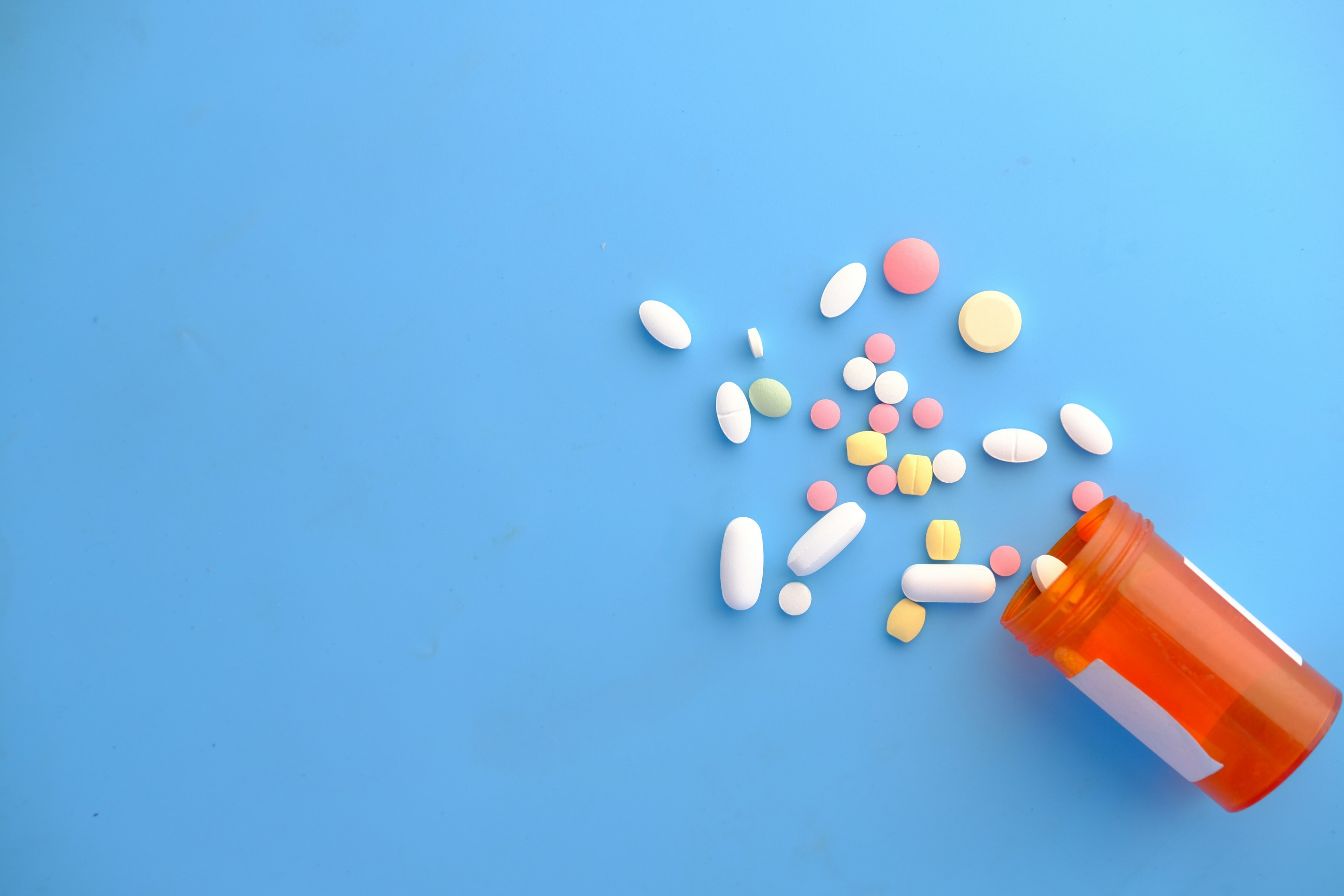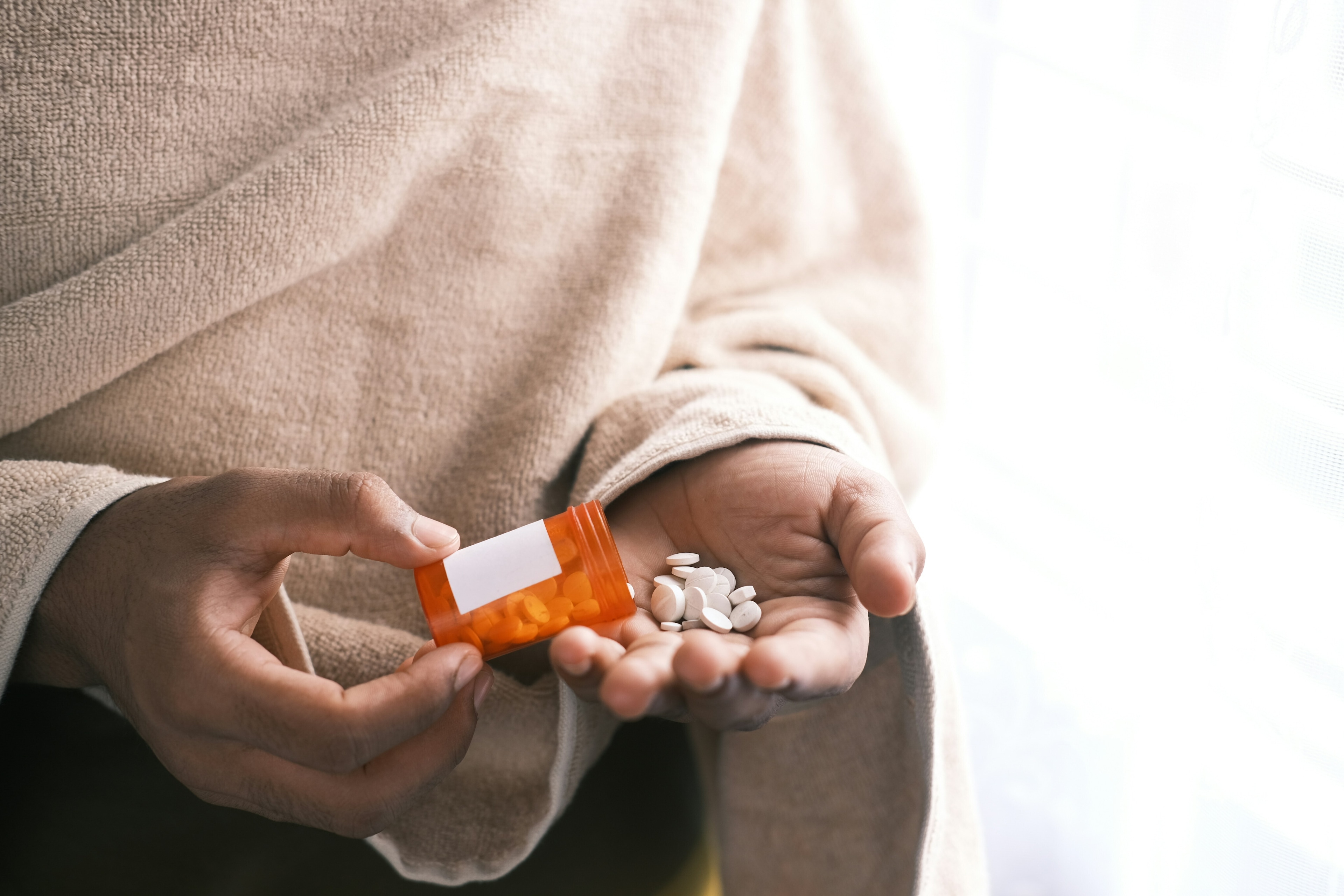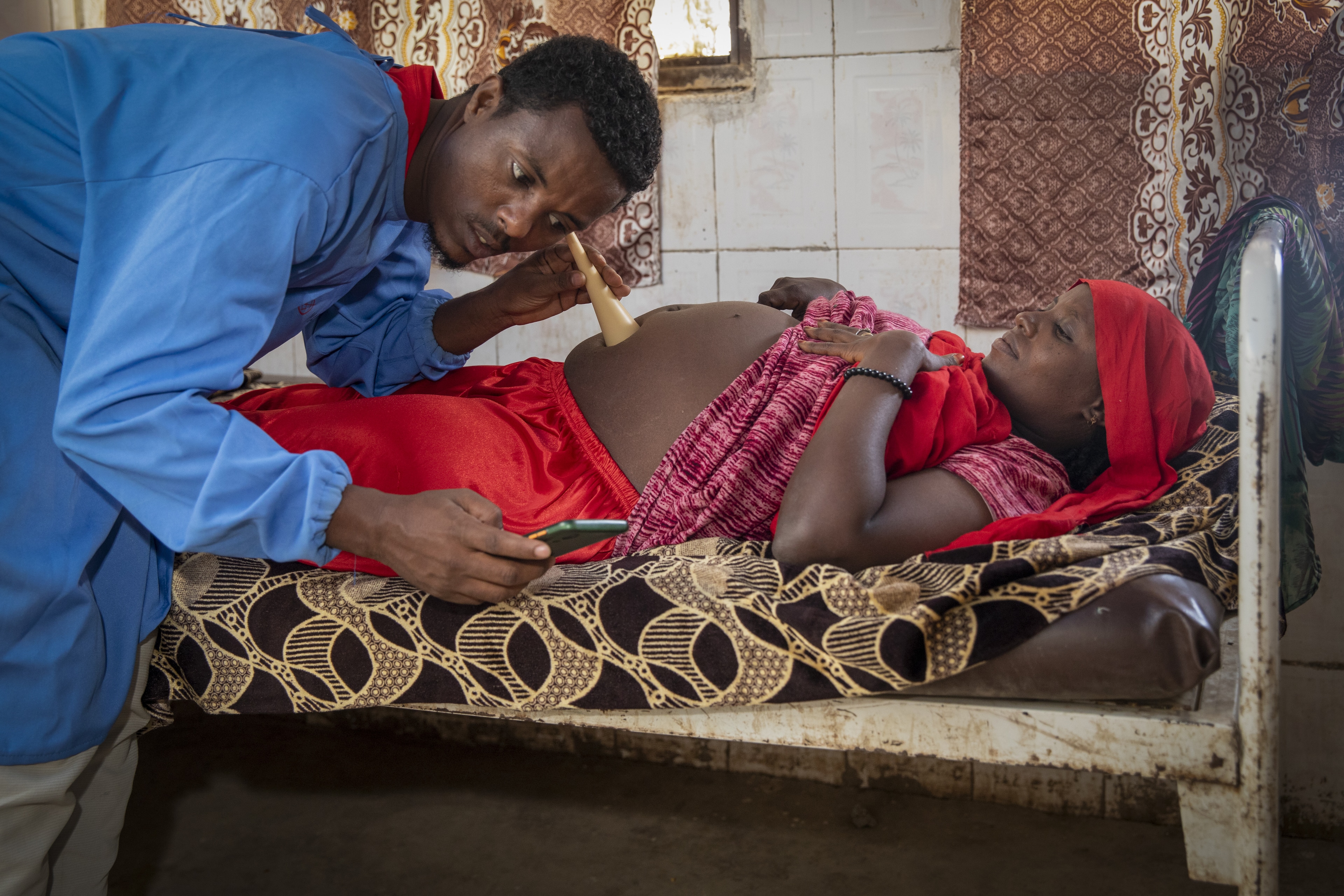COVID-19: What you need to know about the coronavirus pandemic on 22 February

British Prime Minister Boris Johnson announces an end to all COVID-19 restrictions in England. Image: REUTERS

Explore and monitor how COVID-19 is affecting economies, industries and global issues

Get involved with our crowdsourced digital platform to deliver impact at scale
Stay up to date:
COVID-19
- This daily news round-up brings you a selection of the latest news and updates on the COVID-19 coronavirus pandemic, as well as tips and tools to help you stay informed and protected.
- Top COVID-19 news stories: UK to end all coronavirus restrictions; South Africa changes rules to boost vaccine uptake; India approves third COVID-19 vaccine for older children.
1. How COVID-19 is affecting the globe
Confirmed cases of COVID-19 have passed 426.1 million globally, according to Johns Hopkins University. The number of confirmed deaths has now passed 5.89 million. More than 10.57 billion vaccination doses have been administered globally, according to Our World in Data.
British Prime Minister Boris Johnson has announced an end to all coronavirus restrictions in England, including mandatory self-isolation and free COVID-19 testing. The announcement has drawn scepticism from some scientists and political opponents. Johnson said some virus surveillance would remain in place, allowing for a rapid response to new variants, and that this could be quickly scaled up.
Hong Kong SAR, China, reported 6,211 new COVID-19 infections on Tuesday, and another 9,369 positive cases in preliminary tests. The global financial hub is battling to curb a coronavirus outbreak that has overwhelmed healthcare facilities.
South Africa has changed its COVID-19 vaccination rules in an effort to encourage more people to get jabs, health authorities said on Monday. Inoculations have slowed in the country, which has recorded more than 98,000 deaths and over 3.6 million positive cases in total. South Africa has ample vaccine stocks.
People infected with the Omicron coronavirus variant are nearly 75% less likely to develop serious illness or die than those who contract the Delta variant, real world data released on Monday by South Korea's health authorities showed.
Indian vaccine maker Biological E said on Monday that its COVID-19 vaccine received an emergency use approval in the country for children aged 12 to 18. The shot, called Corbevax, is the third vaccine approved for use in children aged 12 and above in India.
China reported 138 new COVID-19 cases in the mainland for Monday, down from 144 a day earlier, the health authority said.

2. Countries assess the need for COVID-19 booster shots
Many countries are expanding COVID-19 vaccine booster programmes or shortening the gap between shots as governments scramble to shore up protection against the Omicron variant.
Some countries are also already deploying a fourth dose amid concerns of waning protection.
Studies have shown that an initial course of COVID-19 vaccines – typically given in two doses – may not be enough to halt infection from Omicron, but a booster shot may help.
The World Health Organization has said in recent months that administering primary doses – rather than boosters – should be the priority, although it has recommended boosters for those with health issues or who received an inactivated vaccine.
3. EU, Germany expect Novavax deliveries to begin this week
The European Commission and the German government said on Monday that they expect deliveries of the Novavax COVID-19 vaccine Nuvaxovid to begin this week.
Novavax's recombinant protein vaccine uses a more established technology than mRNA, the novel method behind the two most common COVID-19 vaccines in Germany, made by Pfizer/BioNTech and Moderna.
"We assume that over the coming week ... vaccinations can begin in the federal states," a spokesperson for the German health ministry said.
A spokesperson for the European Commission said deliveries are expected to start this week.
The Novavax vaccine was initially planned to be available in January, but has faced regulatory delays.
EU countries have ordered 27 million doses for the first quarter of this year, as part of a contract for 100 million vaccines with another 100 million optional.
Public health leaders have voiced hopes that Novavax's product could convince as-yet unvaccinated people who are sceptical about the novel mRNA technology to get a shot.
Don't miss any update on this topic
Create a free account and access your personalized content collection with our latest publications and analyses.
License and Republishing
World Economic Forum articles may be republished in accordance with the Creative Commons Attribution-NonCommercial-NoDerivatives 4.0 International Public License, and in accordance with our Terms of Use.
The views expressed in this article are those of the author alone and not the World Economic Forum.
The Agenda Weekly
A weekly update of the most important issues driving the global agenda
You can unsubscribe at any time using the link in our emails. For more details, review our privacy policy.
More on Health and Healthcare SystemsSee all
Dame Sally Davies, Hemant Ahlawat and Shyam Bishen
May 16, 2024
Michael Anderson, Gunnar Ljungqvist and Victoria Saint
May 15, 2024
Charlotte Edmond
May 14, 2024
Shyam Bishen
May 13, 2024
Anna Cecilia Frellsen
May 9, 2024
Angeli Mehta
May 8, 2024





